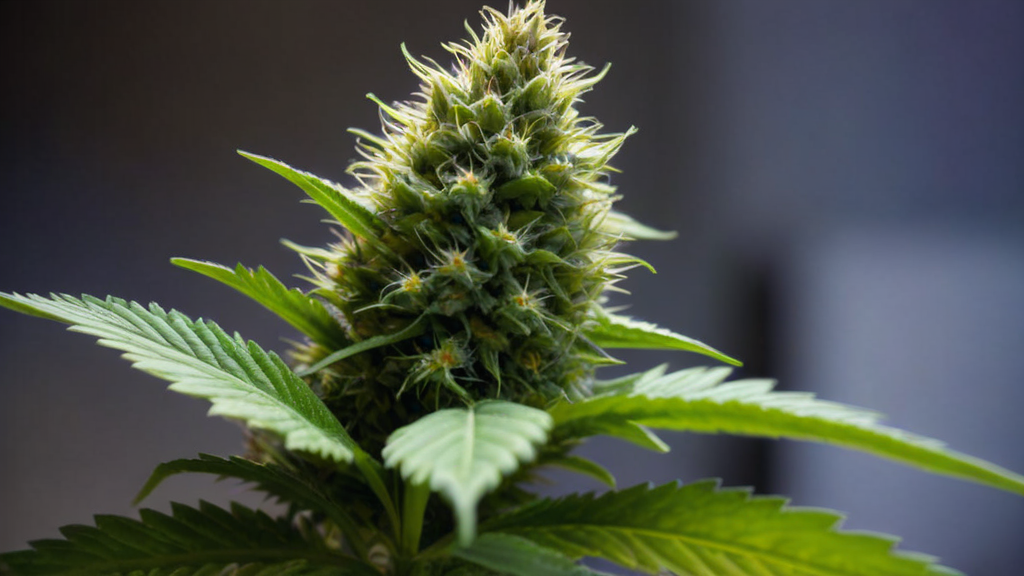A study warns of possible overdose or toxicity due to the interaction of cannabinoids and medications
Medical cannabis has become a therapeutic option for many people suffering from various pathologies. However, its simultaneous use with other drugs can pose a significant danger to the patient’s health, such as an unintentional overdose or a serious adverse reaction, according to a study by Washington State University (USA).
The research, which has been published in the journal ‘Drug Metabolism and Disposition’, has examined the cannabinoids and their main metabolites found in the blood of cannabis users, and found that they interfere with two families of enzymes that help process a wide variety of drugs prescribed for different conditions.
In this way, the benefits of drugs can be reduced or their harm can increase with excessive accumulation in the body, causing unwanted effects such as toxicity or accidental overdose. Therefore, researchers have advised caution when using cannabis with other prescribed drugs.
Cannabinoids affect drug metabolism
The study’s lead author, Philip Lazarus, said: “Doctors should be aware of the possibility of toxicity or lack of response when patients use cannabinoids. It’s one thing if you are young and healthy and smoke cannabis occasionally, but “For older people who use medications, taking CBD or medical marijuana can negatively affect their treatment.”
The results have been described in two studies. One of them has focused on a family of enzymes known as cytochrome P450 (CYP), while the other analyzed UDP-glucuronosyltransferases (UGT), another family of enzymes. Together, these two families of enzymes help metabolize and eliminate more than 70 percent of the body’s most commonly used drugs, according to researchers.
This study offers information on the three most abundant cannabinoids: tetrahydrocannabinol (THC), cannabidiol (CBD) and cannabinol (CBN). “Cannabinoids stay in your body for only about 30 minutes before they are rapidly broken down. The metabolites that result from that process stay in your body for much longer, up to 14 days, and in higher concentrations than cannabinoids and have been passed overlooked in previous studies, so we thought we should focus on them as well,” said lead author Shamema Nasrin.
The researchers used engineered human kidney cells that allowed them to look at a single enzyme at a time and validated their results in human liver and kidney samples in which many of these enzymes were present. Thus, they discovered that cannabinoids and the main metabolites of THC strongly inhibited several CYP enzymes. A key finding was that one of the most abundant THC metabolites, called THC-COO-Gluc, which had not been previously studied in this context, appears to play an important role in inhibiting several key enzymes in the liver.
CBD is the most inhibitory of UGT enzymes
By looking at the UGT family of enzymes, the researchers found that all three cannabinoids, but especially CBD, inhibited two of the primary UGT enzymes present in the liver. CBD was also found to block three enzymes that account for approximately 95 percent of renal UGT metabolism.
These findings suggest that the use of medicinal cannabis can affect the metabolism of many drugs, such as anticoagulants, antiepileptics, anti-inflammatory drugs, antidepressants, antibiotics, antivirals, antifungals, antidiabetics, antihistamines, antipsychotics, opioids. and steroids, among others.
Therefore, it is recommended to consult with your doctor before consuming medicinal cannabis if you are taking any other drug, and periodically monitor drug levels in the blood to avoid possible overdose or toxicity.
